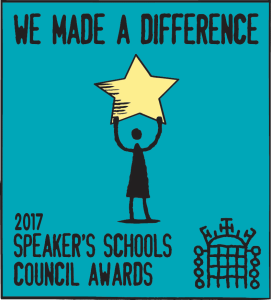SENCO and SEN Staff
- Our SENCO is Mrs D Colegrove BA (Hons) QTS d.colegrove200@durhamlearning.net
- Medical Officer – Mrs K Stewart – Managing Medications in School, Pediatric First Aid.
- Head Teacher – Mrs L Sturrock NPQH, BA (Hons) QTS
More details of the SENCO’s role can be found in the SEN Policy which you can find in the School Policies section of our website.
Staff undergo regular training throughout the year and this is systematically fed back to staff and practitioners through the SEN forum in weekly meetings.
All teaching and support staff are given opportunities to improve their practice and develop their understanding of SEN issues through a comprehensive system of staff training. Some training is carried out within school during staff meetings and Professional Development Days and other training is external. The school also accesses training provided by the Community of Learning. The school’s SENCO regularly attends the Local Authority’s SENCO Network Meeting to keep up to date with local and national updates in SEND.
External Specialists and Other Bodies
The school enjoys good working relationships with a wide range of people who provide services to children with SEND and their families.
The external specialists may:
- Act in an advisory capacity
- Extend expertise of school staff
- Provide additional assessment
- Support a child directly
- Suggest statutory assessment is advisable
- Consult with all parties involved with the child
These include:
- Durham County Council Local Offer
- Durham SEND Information, Advice and Support Service
- Educational Psychology Service
- Speech and Language Therapy
- Advisory Teachers for support/advice on areas such as specific learning difficulties such as dyslexia, dyspraxia, dyscalculia
- Occupational Therapy
- EWEL Team
- CAMHS (Children and Adolescent Mental Health Services)
- School doctor/nurse
- Other medical professionals
- One Point
- Parental Support Adviser
How We Secure Specialist Expertise
Our Additional Needs Budget is used to support children and young people with SEN.
This is used to support children and young people with SEND by:
- Quality First Teaching
- Additional classroom support
- Individualised resources for children
- CPD
- Resources to support interventions
If a child has complex special educational needs, we could also receive additional funding from the Local Authority to meet the agreed outcomes.










